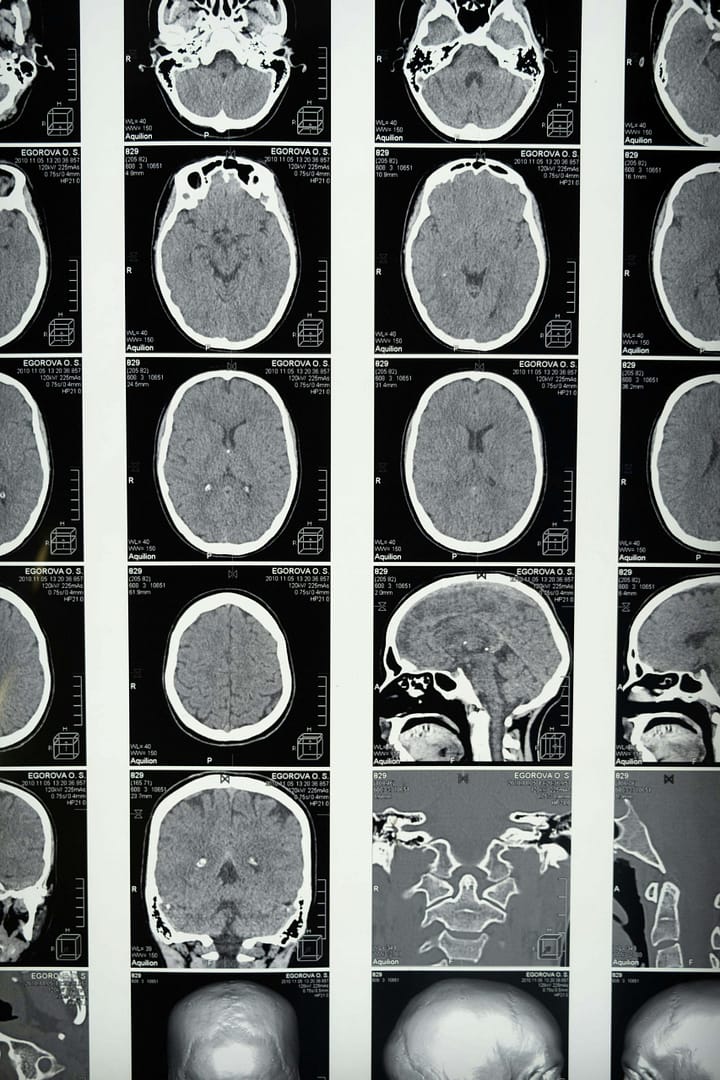Brain injuries are a significant public health concern in the UK, with far-reaching consequences for individuals, families, and society. Understanding the causes and prevention of brain injury is crucial in reducing its incidence and mitigating its impact. This article delves into the key factors contributing to brain injuries in the UK and explores effective prevention strategies. We will also highlight how you can start a medical negligence claim.
Understanding Brain Injuries: A Brief Overview
A brain injury, also known as acquired brain injury (ABI), refers to any damage to the brain that occurs after birth. It can result from a variety of causes, including traumatic events, medical conditions, or exposure to toxins. Brain injuries can range in severity from mild concussions to severe traumatic brain injuries (TBIs) with long-term consequences. The effects of brain injury can be physical, cognitive, emotional, or behavioural, affecting every aspect of an individual’s life.
Leading Causes of Brain Injury in the UK
Falls: Falls are the most common cause of brain injury in the UK, particularly among older adults and young children. Slips, trips, and falls from heights can lead to head injuries, resulting in concussions or more severe brain damage.
Road Traffic Accidents: Road traffic accidents, including car crashes, motorcycle accidents, and pedestrian collisions, are a major cause of traumatic brain injury in the UK. The impact of a collision can cause the brain to move within the skull, leading to bruising, bleeding, and damage to brain tissue.
Assaults: Physical assaults, including domestic violence and intentional head injuries, are a significant contributor to brain injury in the UK. The force of a blow to the head can cause concussions, skull fractures, and internal bleeding.
Sports-Related Injuries: Participation in sports and recreational activities carries a risk of brain injury, especially in contact sports like rugby, football, and boxing. Concussions are a common occurrence in sports, and repeated head injuries can lead to long-term neurological problems.
Medical Conditions: Certain medical conditions, such as strokes, brain tumours, infections, and seizures, can cause brain injury. Strokes occur when blood flow to the brain is interrupted, leading to cell death and brain damage. Brain tumours can compress or damage brain tissue, while infections and seizures can disrupt brain function.
Preventing Brain Injuries: Effective Strategies
Promoting Safety Awareness:
Raising awareness about the risks of brain injury and promoting safe practices can significantly reduce its incidence. Educational campaigns can focus on fall prevention, road safety, responsible alcohol consumption, and the importance of wearing helmets during sports activities.
Enhancing Road Safety Measures:
Implementing stricter traffic laws, improving road infrastructure, and promoting the use of seat belts and helmets can reduce the risk of brain injury in road traffic accidents. Increased enforcement of speed limits, drink-driving laws, and mobile phone restrictions while driving can further enhance road safety.
Preventing Falls:
Fall prevention strategies are crucial, particularly among older adults. Home modifications, such as installing handrails, removing tripping hazards, and improving lighting, can reduce the risk of falls. Exercise programs that improve balance and strength can also be beneficial.
Addressing Violence and Aggression:
Preventing violence and aggression, including domestic violence, is essential in reducing brain injuries caused by assaults. Support services for victims of violence, anger management programs, and community-based interventions can play a role in preventing head injuries.
Promoting Safe Sports Practices:
Implementing safety protocols in sports, such as concussion management guidelines, can protect athletes from brain injury. Promoting fair play, discouraging dangerous tackles, and enforcing rules against head-to-head contact can minimize the risk of head injuries in sports.
Research and Innovation:
Continued research into the causes and prevention of brain injury is essential in developing new strategies and interventions. Advances in neuroimaging, rehabilitation techniques, and protective equipment can further reduce the burden of brain injury in the UK.
Making a Medical Negligence Claim with National Claims
At National Claims, we understand the devastating impact that medical negligence can have on individuals and their families. Suppose you believe you or a loved one have suffered harm due to substandard medical care, misdiagnosis, surgical errors, or any other form of medical negligence. In that case, we are here to help you seek the justice and compensation you deserve.
Free Consultation
We understand that every medical negligence case is unique, and we’re here to offer you a free, no-obligation consultation to discuss your specific situation. During this consultation, we’ll take the time to listen carefully to your experience, review any medical records you may have, and evaluate the potential strength of your claim.
*Customers pay up to 25% (incl. VAT) of the amount recovered towards solicitor costs and if you cancel outside your cooling off period, you may be charged a fee.
Contact us today to speak to one of our claims agents who will be able to help you get started on your claim.
Click below to see why we are one of the most trusted claims management companies in the UK.

We’re proud of our excellent customer reviews
We thrive on delivering exceptional service and ensuring our clients’ satisfaction. Don’t just take our word for it. Check out some of our independent reviews to see what our clients have to say.
Excellent

This firm is excellent, they sorted out my car pay out and injury claim very fast, they always communicate with you all the time.

My accident case was dealt with confidence and with great result of the outcome, especially James kept me informed all the time.

I was very impressed at the way my inquiry was treated. I was listened to attentively and everything I needed to know was explained to me.






